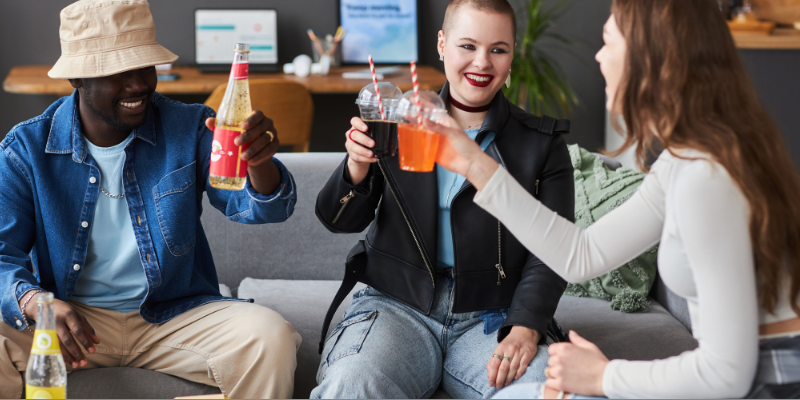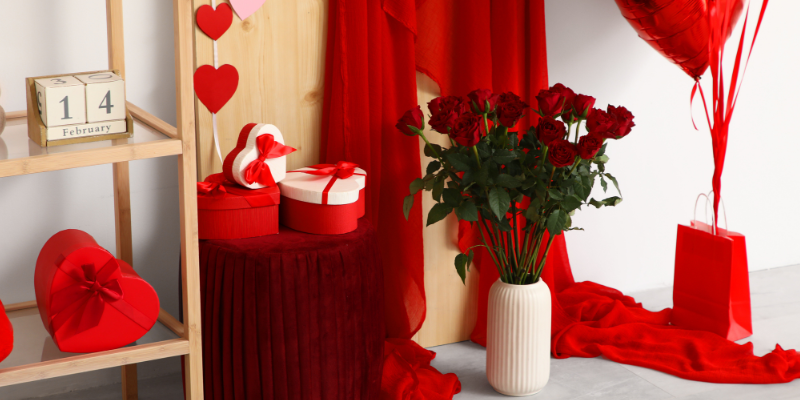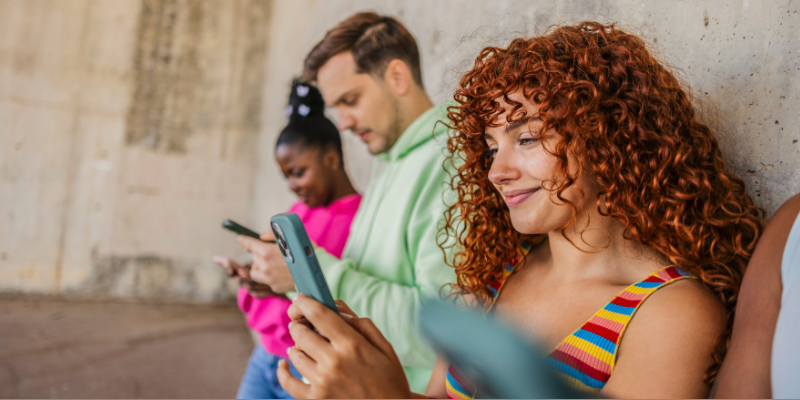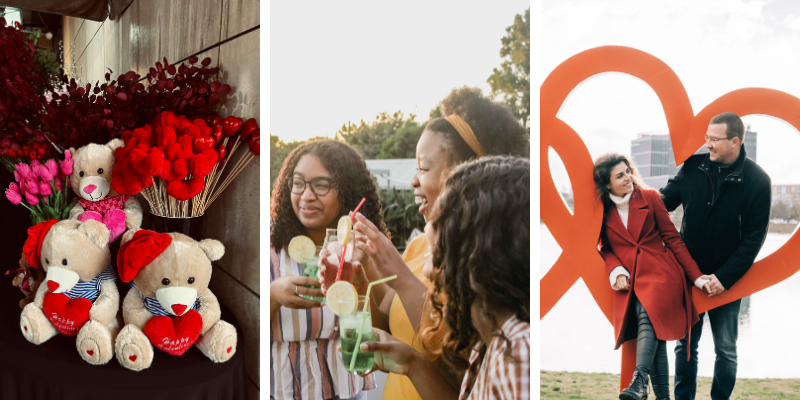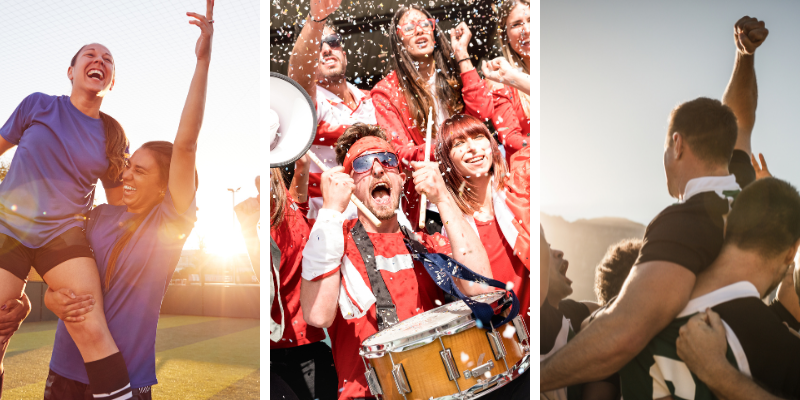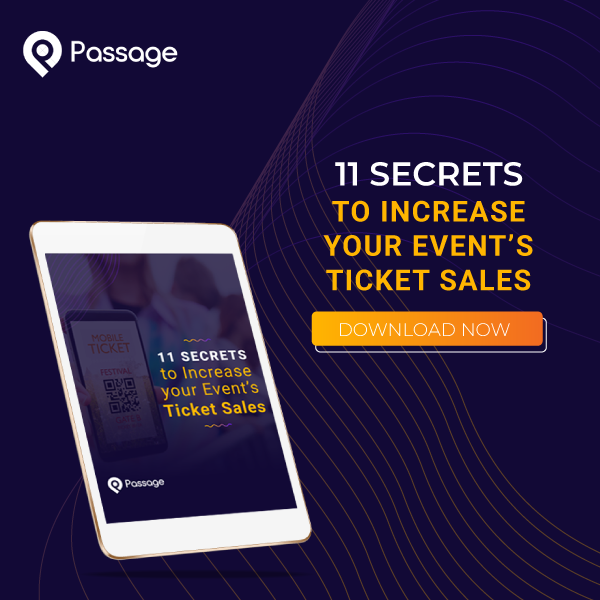Sober events aren’t just for those in recovery. They’re for everyone!
Movements like Dry January and Sober October are gaining popularity, and more Americans in general are becoming sober-curious, particularly among younger generations. But many event organizers just aren’t sure how to approach sober events. Let’s walk through the basics: what are sober events, why are they popular, and how can you make them fun?
What is a Sober Event?
A sober event is a social gathering or activity where no alcohol or drugs are served or consumed. These events focus on fostering a safe, inclusive, and substance-free environment for attendees. Sober events can appeal to people who are in recovery, those who prefer not to drink for personal, religious, or health reasons, or anyone simply looking for alternative social experiences.
Examples of sober events include:
- Game nights
- Workshops
- Fitness classes or outdoor activities
- Coffeehouse-style meetups
- Sober dance parties
- Networking events
Sober events emphasize fun, connection, and meaningful interaction without the influence of alcohol or other substances.

Why are Sober Events Becoming More Popular?
A mix of cultural, social, and health trends have recently been changing our collective attitudes toward alcohol and substance use. There are seven key reasons behind this shift that are making sober events more popular:
1. Mental and Physical Health Awareness
Increasing awareness of the negative impacts of alcohol on physical and mental health has led many people to reduce or eliminate drinking. Movements like "sober curious" encourage exploring sobriety for personal growth, health, and mindfulness without committing to full abstinence.
2. Inclusive Social Spaces
Sober events create welcoming environments for people in recovery, those with religious or cultural reasons for abstaining, and anyone who prefers not to drink. These events allow for meaningful interactions without pressure or reliance on alcohol.
3. Changing Drinking Culture Among Younger Generations
Millennials and Gen Z prioritize wellness and experiences over substance-fueled outings. They are more likely to seek social activities that align with healthier lifestyles.
4. Rise of Social Media and Mindful Living Trends
Social media promotes wellness lifestyles, mindfulness, and self-care, which often align with a reduced emphasis on alcohol. People are more conscious about how their social activities reflect their personal values and image.
5. Alcohol-Free Alternatives
The growing availability of non-alcoholic beverages, such as mocktails and alcohol-free beers or wines, has made sober events more attractive and sophisticated. Dedicated sober bars and pop-up events have expanded the market for alcohol-free socializing.
6. Support for Mental Health and Addiction Recovery
With increasing visibility of addiction recovery stories, many people seek spaces that respect and support sobriety. Employers, event organizers, and communities are recognizing the value of offering inclusive, substance-free alternatives.
7. Focus on Authentic Connections
Sober events often emphasize connection, creativity, and meaningful experiences, appealing to people who want deeper engagement without the influence of alcohol.
How to Organize a Sober Event
Organizing a fun, inclusive sober event is all about creating engaging experiences that don’t rely on alcohol for entertainment or connection. Here's a step-by-step guide to ensure everyone has a great time:
1. Choose an Appealing Theme
A great theme helps guide your activities and creates excitement. For a sober event, consider themes like:
- Retro arcade night
- Outdoor movie under the stars
- DIY workshop or crafting session
- Game show night (e.g., trivia, bingo, or karaoke)
- Seasonal themes (like holiday markets or fall festivals)
2. Curate Fun, Interactive Activities
Try to include activities that naturally encourage interaction and fun, such as:
- Games: Board games, escape rooms, video games, or giant lawn games (Jenga, cornhole, etc.).
- Creative workshops: Painting, pottery, mixology (mocktail-making), or cooking classes.
- Competitions: Talent shows, costume contests, or team challenges.
- Live entertainment: DJs, comedy shows, improv groups, or live bands.
3. Serve Delicious Non-Alcoholic Drinks and Food
A sober party doesn’t have to mean boring beverages! In fact, mocktails are often the centerpiece of these events. Create a menu of mocktails, craft sodas, smoothies, or infused water to make the drink selection feel special. Offer fun snack stations such as popcorn carts, candy buffets, or build-your-own taco bars. Partner with local businesses or food trucks to offer unique food options.
4. Set the Mood with Atmosphere
Sober events and good conversion go hand-in-hand. Create cozy seating areas and interactive spaces for mingling throughout your venue. Create a visually inviting space with vibrant lighting and decor that matches your theme. Play upbeat music or curate a playlist that sets the right tone.
5. Promote Inclusivity
Sober events aren’t just for folks who don’t drink. They are for everyone! Use language in your marketing and invitations that highlights the event as "family-friendly" or "substance-free" rather than "no alcohol." This frames the event positively. As you plan out your event activities, create a mix of options for different age groups and energy levels to appeal to everyone.
6. Provide Conversation Starters
Icebreakers, conversation prompts, or interactive activities (like "scavenger hunts") help guests connect and feel engaged. Sometimes sober events can have an awkward start if most attendees aren’t used to socializing without some liquid encouragement. So make it easy! If you do some of the heavy lifting for them, your guests will have an easier time jumping into the fun.
7. Incorporate Wellness Elements
Many folks choose sobriety because it allows them to be more mindful and present in their daily lives. Try to incorporate activities and prizes that appeal to those guest preferences. Include activities like yoga and meditation, or even self-care giveaways for guests who enjoy relaxation and mindfulness.
8. Encourage Participation
Avoid those awkward moments of newly-arrived guests standing around not knowing quite what to do (that’s when many of us would head to the bar at a non-sober event). Encourage participation by offering prizes for contests, games, or raffles. Ease guests into the activities with something simple up front, like a bingo card with all your event’s offerings, or just by asking them to fill out a guest book or raffle ticket. Share photos and encourage attendees to tag the event on social media so everyone can remember the day.
9. Emphasize Connection and Fun
Create spaces throughout your venue where guests can comfortably talk, laugh, and enjoy themselves. Sober events are all about connecting with others, being present in the moment, and building lasting memories. Try to establish a vibe that feels lively but not overly formal; you want everyone to feel at ease.
10. Gather Feedback
After your event ends, ask attendees for feedback to improve future sober gatherings. Send out email surveys with both multiple choice and open-ended questions. Your guests might have some great ideas you could use next time!
Final Thoughts
Sober events are reshaping social norms, encouraging people to find fun and fulfillment in ways that don’t rely on substances. With an emphasis on human connection, these events can create lasting memories among your attendees. And with a little planning and creativity, you can build sober events that appeal to everyone and become part of your guests’ annual traditions.
Need some help setting up tickets for your sober event? Schedule a call with an event expert on our team - we’ll set everything up for you!

